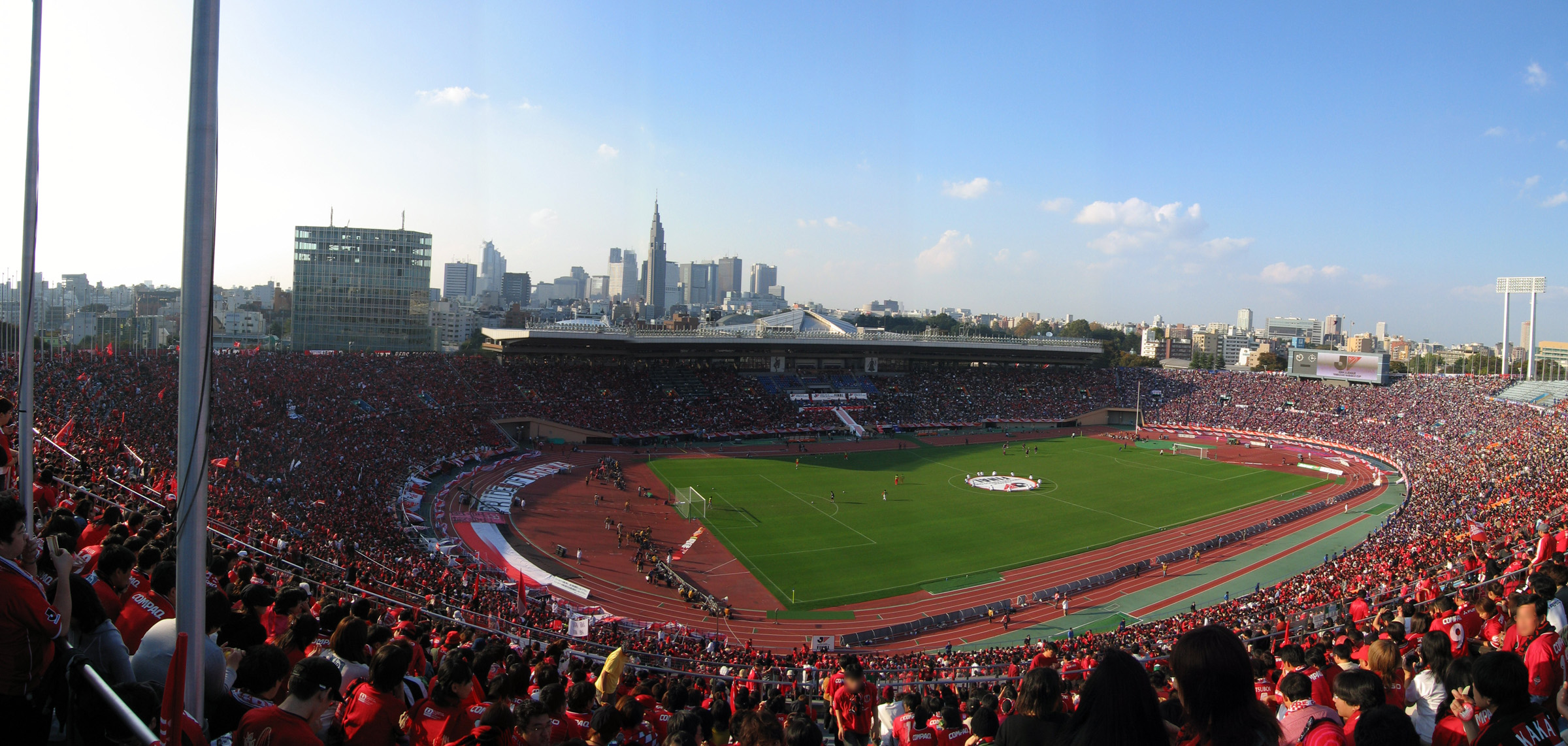According to the regulator, influx of tourists and investments into construction during 2014-2018 will be added to the Japanese GDP of 0.2-0.3 percentage points per year.
The Bank of Japan clarifies that these figures will be achieved if investment in Olympic projects infrastructure are equal to around 10 trillion yen, and number of foreign tourists reaches 33 million people.
In December, the overall cost for Japan to host the Olympics was estimated at 1.8 trillion yen ($ 15 billion), which is six times larger than the initial forecast.
According to the Japanese Broadcasting Corporation NHK, such an increase in price is caused by wage hike, construction materials going up in price and need to build new roads.
Meanwhile, despite all the efforts of the Japanese authorities, the economy cannot to revive. Even with massive support measures, the situation only gets worse, and in the last week of the outgoing year, statistics dealt a double blow.
Last week delivered alarming reports that unemployment rate in Japan rose from 3.1% to 3.3%, the biggest increase since January, and household spending collapsed.
Now, it is clear that everything is much worse than before. According to the latest data, retail sales collapsed by 1%, while experts predicted fall of only 0.6%. Without taking into accounts consequences before and after increase in the sales tax in 2014, this drop in sales was the strongest since the devastating tsunami in 2011.
Industrial production doesn’t feel better. In November, its index fell for the first time in three months. All of this suggests that recovery of the world’s third largest economy is going to be delayed until at least the beginning of 2016.
Manufacturers are going to increase production in the coming months. However, weak data cast doubt on the Bank of Japan’s forecasts that expected growth in exports and consumption will help push the economy and accelerate inflation to the target level of 2%.
Particular data showed that retail sales fell by 1% yoy, as the warm weather has caused great damage to winter clothing sales.
Economists point out that signs of recovery are already visible in exports, and there is hope for a reversal in the industry. However, consumption remains too weak to help the economic recovery.
Japan's economy is expected to show modest growth in the current quarter, although earlier forecasts predicted seismic shift in recovery.
Some analysts warn that the economy can show a decline in October-December, if household spending do not increase in December. Such dynamics may be an indicator of serious "illness", as it is rarely possible to meet a situation where spendings do not grow in the run up to Christmas and the New Year.
Abenomics, which was intended to revive Japan's economy, brought no results. All Abe’s efforts proved futile. After three years of active operations, the results are simply depressing:
• Household spending fell 2.9% in annual terms, and this is the worst result since March 2015
• Industrial production fell by 1% month on month - the worst figure for the 3 months
• Retail trade decreased by 1% on an annualized basis,
• Retail sales fell 2.5% month to month.
Only people that continue to get more from abenomics are rich ones.
Percentage of households of a single person with no financial assets rose to almost 48% in 2015, which is the highest level since 2007. Last year, the figure was only 39%.
At the same time, households with two or more people, who hold assets such as stocks and bonds, have increased their wealth on average to a record level of 18.2 million yen (US $ 150 thousand.).
The Bank of Japan clarifies that these figures will be achieved if investment in Olympic projects infrastructure are equal to around 10 trillion yen, and number of foreign tourists reaches 33 million people.
In December, the overall cost for Japan to host the Olympics was estimated at 1.8 trillion yen ($ 15 billion), which is six times larger than the initial forecast.
According to the Japanese Broadcasting Corporation NHK, such an increase in price is caused by wage hike, construction materials going up in price and need to build new roads.
Meanwhile, despite all the efforts of the Japanese authorities, the economy cannot to revive. Even with massive support measures, the situation only gets worse, and in the last week of the outgoing year, statistics dealt a double blow.
Last week delivered alarming reports that unemployment rate in Japan rose from 3.1% to 3.3%, the biggest increase since January, and household spending collapsed.
Now, it is clear that everything is much worse than before. According to the latest data, retail sales collapsed by 1%, while experts predicted fall of only 0.6%. Without taking into accounts consequences before and after increase in the sales tax in 2014, this drop in sales was the strongest since the devastating tsunami in 2011.
Industrial production doesn’t feel better. In November, its index fell for the first time in three months. All of this suggests that recovery of the world’s third largest economy is going to be delayed until at least the beginning of 2016.
Manufacturers are going to increase production in the coming months. However, weak data cast doubt on the Bank of Japan’s forecasts that expected growth in exports and consumption will help push the economy and accelerate inflation to the target level of 2%.
Particular data showed that retail sales fell by 1% yoy, as the warm weather has caused great damage to winter clothing sales.
Economists point out that signs of recovery are already visible in exports, and there is hope for a reversal in the industry. However, consumption remains too weak to help the economic recovery.
Japan's economy is expected to show modest growth in the current quarter, although earlier forecasts predicted seismic shift in recovery.
Some analysts warn that the economy can show a decline in October-December, if household spending do not increase in December. Such dynamics may be an indicator of serious "illness", as it is rarely possible to meet a situation where spendings do not grow in the run up to Christmas and the New Year.
Abenomics, which was intended to revive Japan's economy, brought no results. All Abe’s efforts proved futile. After three years of active operations, the results are simply depressing:
• Household spending fell 2.9% in annual terms, and this is the worst result since March 2015
• Industrial production fell by 1% month on month - the worst figure for the 3 months
• Retail trade decreased by 1% on an annualized basis,
• Retail sales fell 2.5% month to month.
Only people that continue to get more from abenomics are rich ones.
Percentage of households of a single person with no financial assets rose to almost 48% in 2015, which is the highest level since 2007. Last year, the figure was only 39%.
At the same time, households with two or more people, who hold assets such as stocks and bonds, have increased their wealth on average to a record level of 18.2 million yen (US $ 150 thousand.).



















